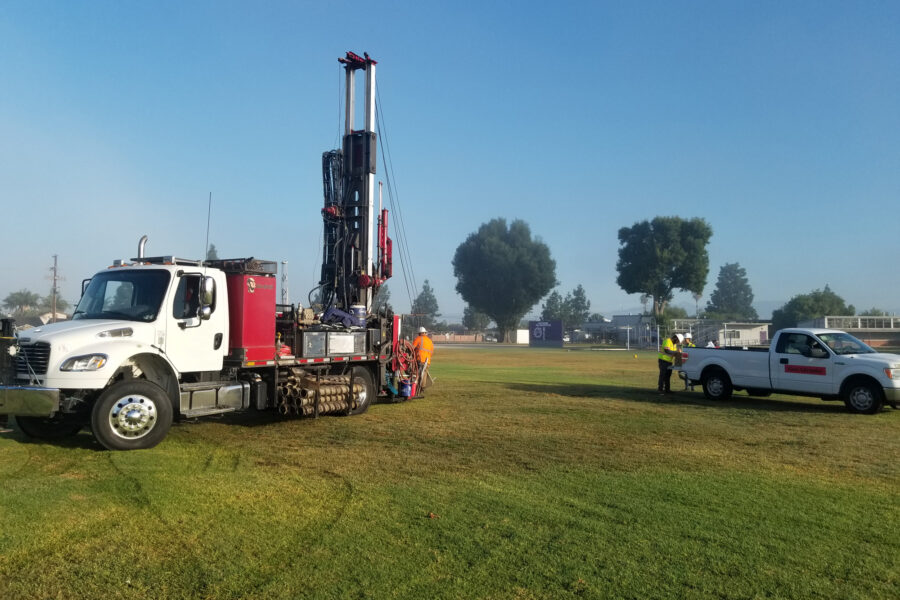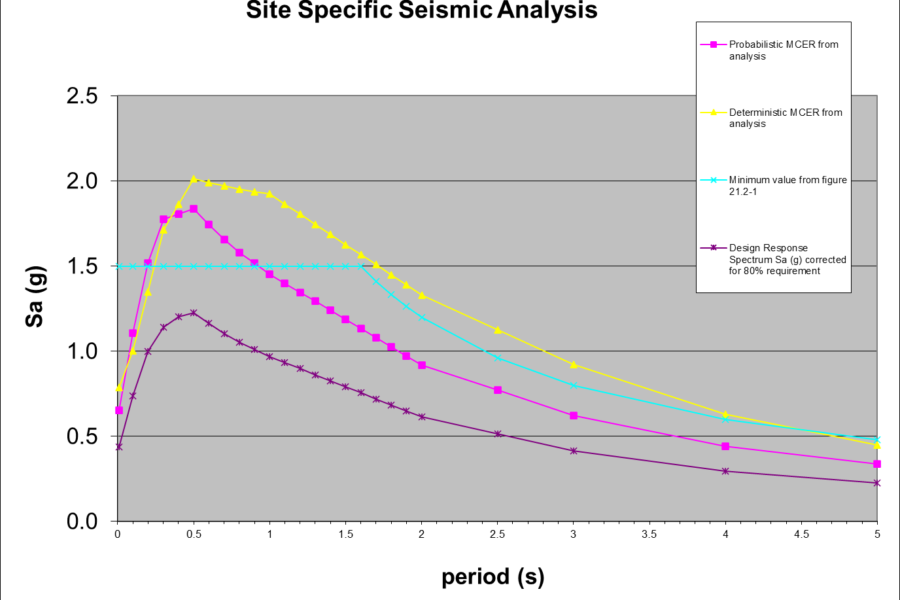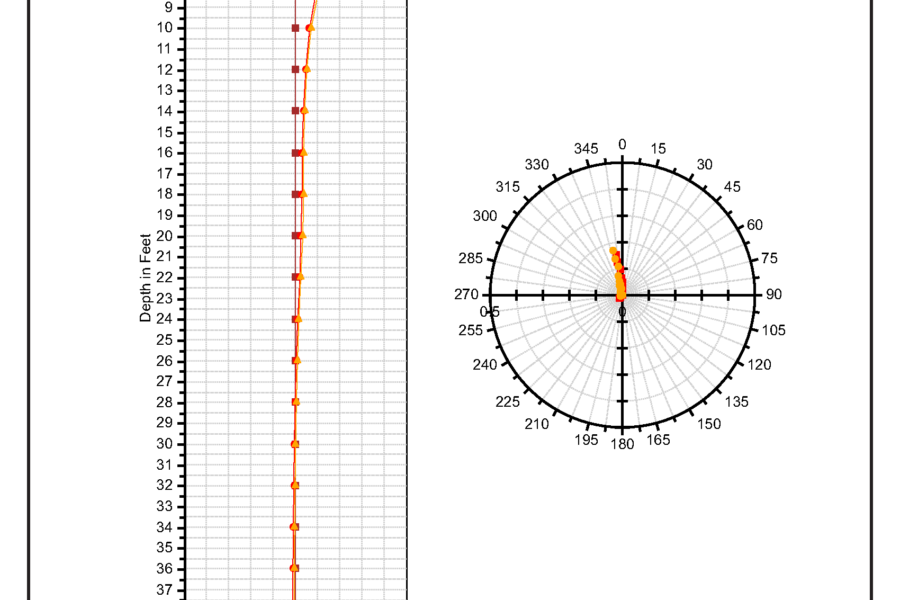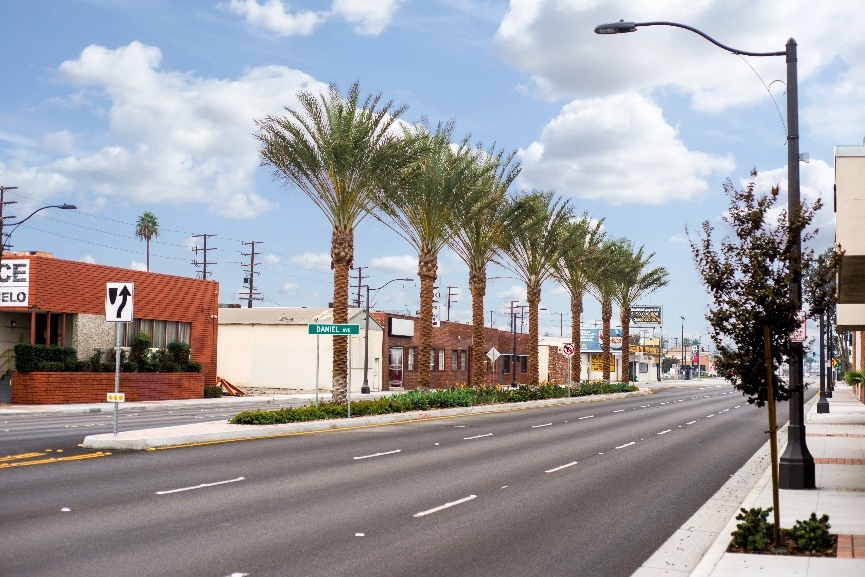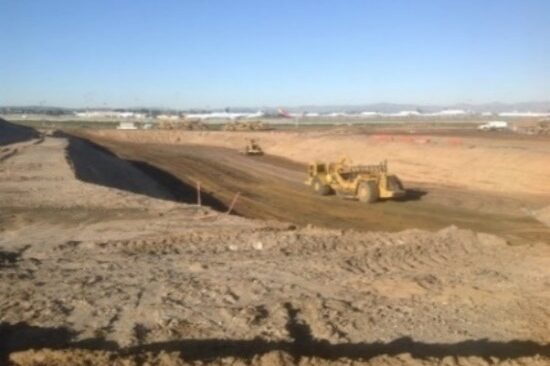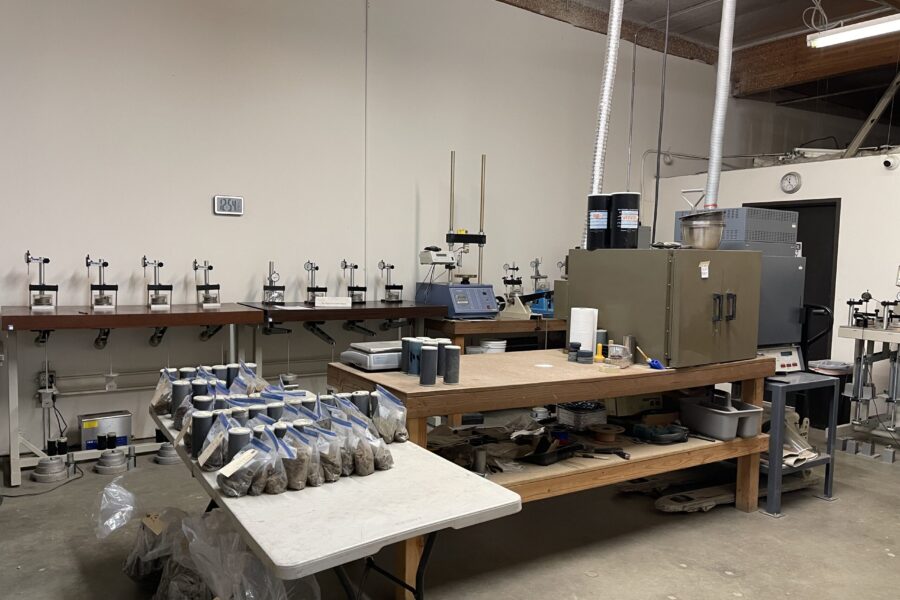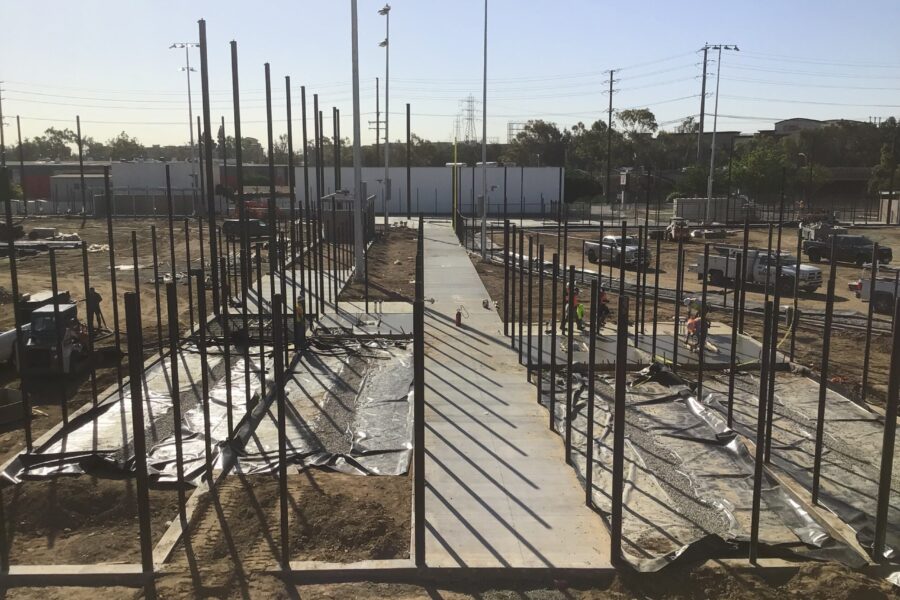GAI offers comprehensive services in various areas from site feasibility evaluation through project completion for a wide range of projects. Our highly qualified team of professionals has extensive experience in performing a variety of complex geotechnical engineering projects and providing innovative solutions for complex projects.
In addition, our diverse team of field technicians and inspectors with related technical backgrounds, education, and accreditations are well experienced in supporting the construction course of projects. GAI is vastly specialized to provide the following services:
